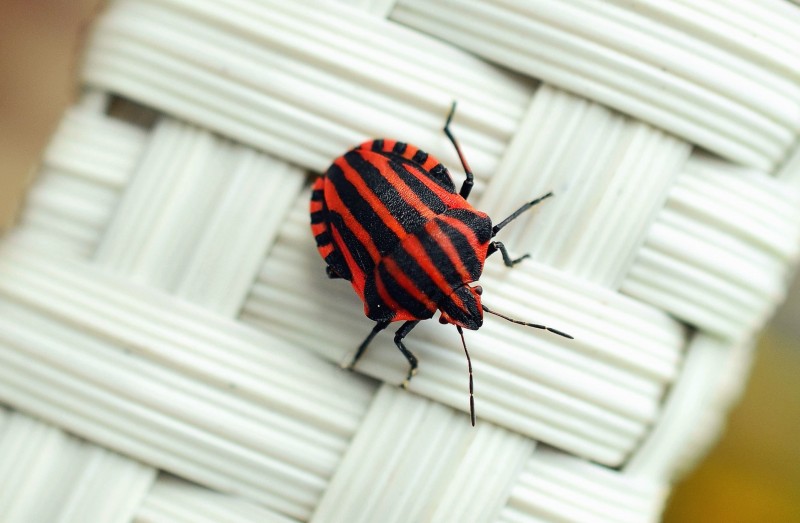
Living in a comfortable, insect-free environment is essential for our well-being. Insects can be pesky, and their presence in our homes can lead to various issues, from itchy bites to potential health hazards. While conventional insect repellents may contain harmful chemicals, there are numerous natural and effective ways to keep insects at bay. In this article, we'll explore fifteen effective methods that will help you maintain an insect-free home using eco-friendly approaches.
Understanding the Importance of Keeping Insects Away
Insects can transmit diseases, contaminate food, and cause structural damage to our homes. It is crucial to keep them away to ensure a hygienic and safe living space for you and your family. Fortunately, there are several natural insect repellents that you can utilize to keep these unwanted visitors at bay.
Natural Insect Repellents
Maintaining a Clean and Tidy Home
Installing Screens and Barriers
Utilizing Insect Traps
Creating a Pest-Repelling Garden
The Power of Vinegar and Essential Oils
Using Natural Pest-Control Products
Diatomaceous Earth: Diatomaceous earth is a fine powder made from the fossilized remains of diatoms. It can be sprinkled around entry points and areas with insect activity to control pests naturally.
Boric Acid: Boric acid is a low-toxicity powder that can be used to treat insect-infested areas, especially effective against ants and cockroaches.
Avoiding Attracting Insects Indoors
Proper Food Storage: Store food in airtight containers to prevent attracting pests like ants and pantry moths.
Limiting Outdoor Light: Turn off unnecessary outdoor lights at night, as they can attract insects to your home.
Adopting a Pet
Surprisingly, some pets, like cats, can help keep insects away. Cats are natural predators of insects like spiders and flies.
Calling Professional Pest Control Services
If you have a severe insect infestation that you can't handle on your own, it's best to call professional pest control services. They can address the issue using environmentally-friendly methods.
By following these novel and eco-friendly methods, you can create a bug-free haven in your home. Embrace the power of natural insect repellents, maintain cleanliness, install barriers, and make use of traps to keep insects at bay. With these practices, you'll be able to enjoy a comfortable and pest-free living space.
Gurugram: Section 144 Lifted as Calm Returns after Communal Clashes
Celebrating Freedom: Inspiring Independence Day Quotes and Traditions
Tamil Actor Mohan Tragically found dead on the Streets of Madurai